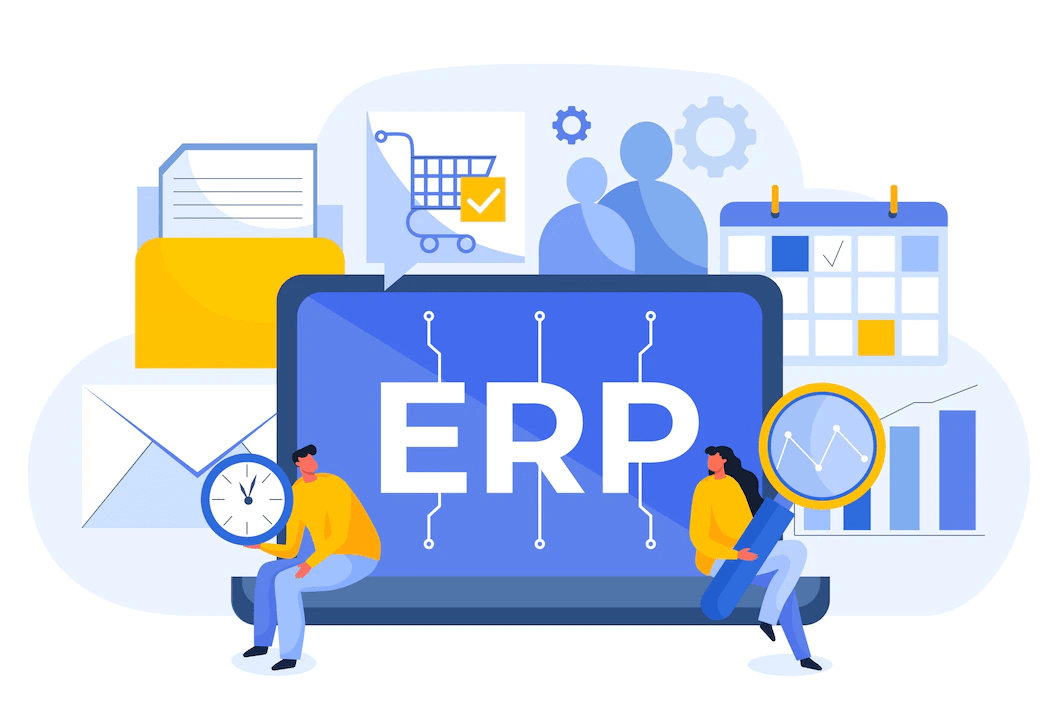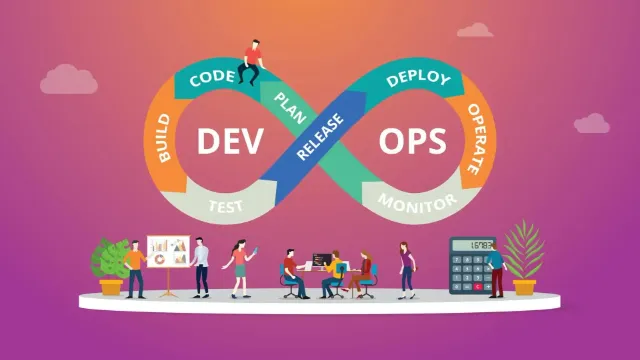How can ERP Software Boost Strategic Planning?

Enterprise resource management (ERP) is the software companies use to manage day-to-day operations like procurement, accounting, risk management, project control and compliance, and the supply chain. let’s know about ERP Software boosts strategic planning.
A complete ERP suite also contains the enterprise’s performance management software that can help to plan, budget, forecast, and analyze the financial performance of an enterprise.
ERP systems connect various business processes and facilitate the transfer of information between them. By collecting the shared transactional data of an organization from a different source, ERP solutions eliminate the need for data duplicates and ensure security for data by providing a single data source.
What is ERP Software
Nowadays, ERP systems are critical to managing the operations of thousands of companies that are of any size and in all sectors. ERP is indispensable in these organizations as electricity keeps the lights on.
What are the best ways to manage an organization’s day-to-day business, including procurement, accounting, finance, supply chain management, project management, manufacturing and accounting?
ERP systems are fully integrated platforms that manage all aspects of a distribution or production business, whether on-premises or cloud. In addition, ERP systems support all aspects of human resources and supply chain management and manufacturing in addition to your main accounting functions.
ERP systems can also give transparency to your business processes by monitoring all aspects of production finance and logistics. They function as the company’s central hub for data and workflows from end to end, allowing a range of departments to use them.
ERP Systems and software support various functions for large-small, mid-sized, or larger enterprises, with the ability to customize for your specific industry.
What is the process behind ERP function?
ERP is an application that can help you create a plan for your business and increase efficiency. It gathers and stores the information and interprets and analyses it.
The data is collected from various departments, including finance and production, HR and procurement, sales, and more.
It is also possible to share information in real-time with other parties like customers, vendors, partners, and customers on the same platform.
Also Read: Best Institution ERP Software Program
ERP software to help with strategic planning
Strategic planning is the process of deciding the future direction of a business. In a complex business world, you must plan your strategies carefully; fortunately, ERP provides everything you require.
Imagine producing or selling products thoroughly understanding the price per item, projected demand for different market segments, inventory forecasts, and the labour supply.
ERP software will provide crucial information to help you make the most appropriate and sustainable decisions. It means that not only does the software automatize your daily routines, but it can also help you develop and implement the most efficient strategies for ERP business.
Strategies to plan implementation and integration with ERP system:
There are many steps in the strategic planning process before implementing the new strategies and their positive effects on your company.
We’ll go through the steps and explain how ERP can maximize these essential procedures’ benefits.
Make sure you are clear on your vision.
Goal-setting’s purpose is to establish the mission of your company. The goal-setting process includes three main components:
- Define the short- and long-term goals
- Determine the methods that can assist you in achieving your desired goal. Identify the processes that can help you achieve that.
- Inform the employees and present them with clearly defined instructions on their duties.
Be sure that the goals are precise, realistic, and in line with the goals of your vision. The essential thing in this phase is to communicate the plans to your employees and stakeholders.
ERP aids you in communicating the information to a variety of users in one place. Be assured that you’re revealing confidential details when you transmit the information. You can easily control access rights to documents, and the system can ensure that your data is secure.
Analyze and collect data
An analysis is essential because the results impact the following two stages. At this point, it is possible to gather relevant information that will aid you in achieving your goals.
The focus should be on the needs of your company to be able to continue to increase its growth. SWOT analysis should be based on SWOT (strength, weakness, strength, opportunity, and threats).
In a system that has digitized the daily business processes, ERP can provide you with precise information about your company’s performance thus far. It is possible to create reports within a matter of seconds and then display the results in the areas where your strengths and weak points are.
ERP software also analyzes market trends and forecasts a business’s needs using its analysis of historical data. It can help you plan for future market demand.
Also Read: How can ERP Software Boost Strategic Planning?
Develop the strategy
The first step in developing the strategy is reviewing the data. Then, the next thing to decide is the next step is determining the resources your business currently has available to help achieve the goals you have set.
It is also essential to decide on the barriers that stop you from expanding or reaching your goals.
Prioritize the issues concerning their importance to your achievement. You can begin creating the plan when you’ve got everything sorted. Be sure to develop various alternative strategies as the business scenario and economy constantly change.
Fortunately, ERP has covered project management to aid you with all the issues you face while preparing the plan. It assists you in solving problems with the least cost, well-documented performance, and efficiency.
You can input your information, prioritize, assign and establish the deadline to address the issues. The internal team, as well as external teams, can effectively co-work because they can communicate information and data in real-time.
Strategy implementation
Implementing a successful strategy is vital to the success of a business venture. It is the first step that is part of strategic planning. Everyone in the company must know their roles, duties, and how they could assist in achieving the target.
Using an ERP system that integrates with all departments can facilitate this step. Anyone can check their task list and track its progress to ensure optimal implementation.
Additionally, by using KPI monitoring, you can assess how effectively your employees perform.
Assess and manage
Controlling and evaluating established strategies requires measuring performance, reviewing external and internal problems, and implementing corrective measures if necessary. Then, you can compare the actual results with the process.
ERP that records operational information can help you make the ability to compare and highlight the significant modifications. You can create reports anytime and at any point in time.
Conclusion
In the end, the approach of a manufacturing firm must be centred around meeting the clients’ expectations by offering high-quality products that meet market requirements efficiently and at the best cost. With the powerful features of ERP, you can accomplish this easily.






